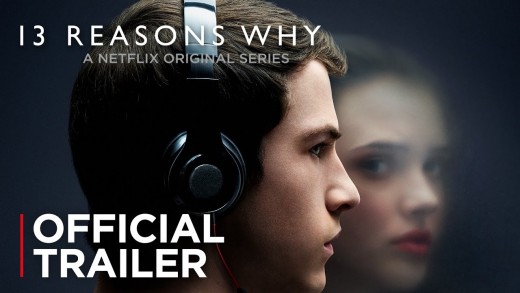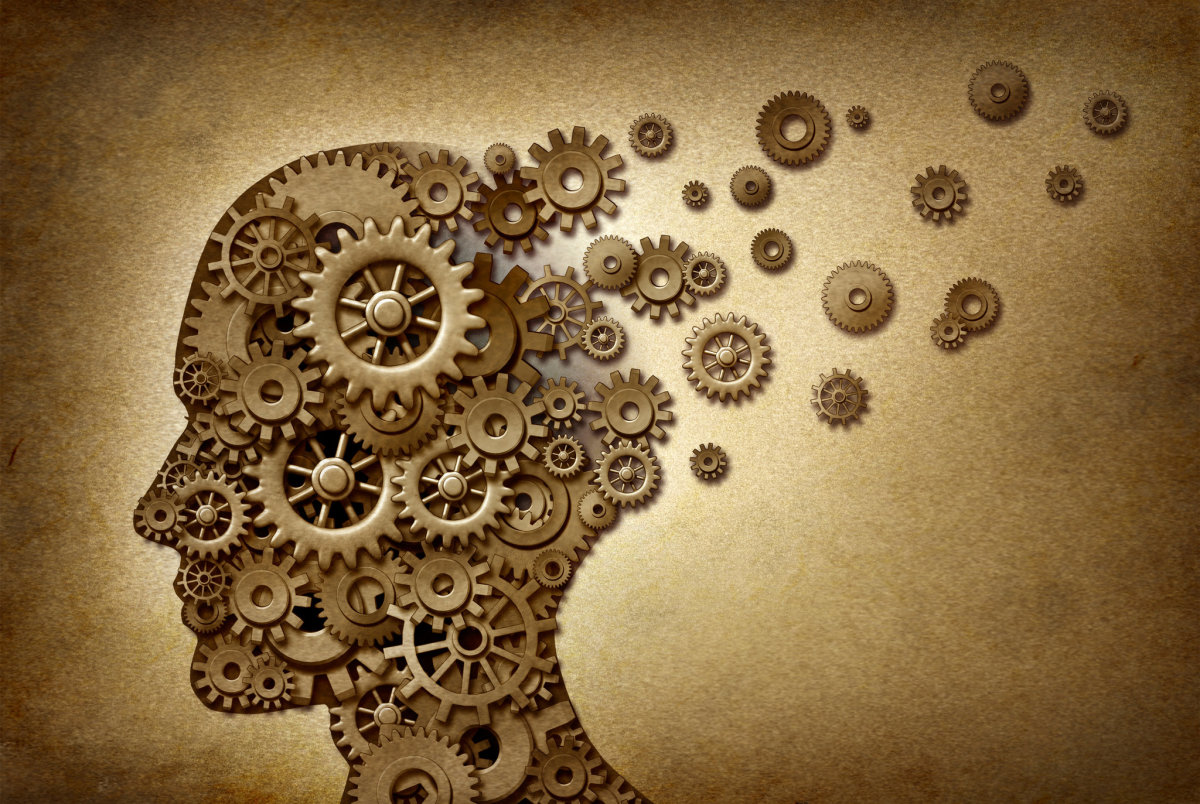Suicide And Mental Health: Reasons Why We Need To Discuss "13 Reasons Why"
It's Hard To Talk About, And That's Why We Should

Can We Talk? Yes, And We Should
Warning: This post talks about the Netflix series, 13 Reasons Why, suicide, and mental health. If you aren't comfortable discussing any of these issues, this is not a blog post for you.
A year after its debut on Netflix, 13 Reasons Why continues to stir controversy.
Where Season 1 of the show dealt with the suicide of student Hannah Baker and the titular 13 reasons why she suicided, Season 2 recently debuted on Netflix, albeit somewhat delayed due to yet another school shooting in the United States, and is dealing predominantly with the associated trial that came out about Hannah's suicide. 13 Reasons Why has been deemed at best somewhat problematic because of how it depicts mental health issues and suicide, and we have to keep in mind that no television show is 100 percent perfect. All the characters make terrible choices in how they deal with their issues at one point or another, and this has led to many adults in many different pockets of society arguing that the show should not be discussed in schools.
The problem is not just with the show.
The problem is with kids wanting to talk about it, and feeling that they can't.
I'm not saying that we should suddenly draft some sort of curriculum that deals exclusively with 13 Reasons Why and its content. That would, in fact, be irresponsible - there needs to be legitimate curriculum connections and some sort of support from the school board in question for this to even be a topic of conversation in a classroom. However, the 21st century classroom is not the classroom many of us grew up in, and to think that kids now are dealing with the exact same issues that high school students in the 1980s and prior to that were dealing with is a bit narrow minded, if not naive.
In any given classroom, there are kids who are, for all intents and purposes, perfectly fine; that is, they feel well adjusted, their world is stable, and there are no real issues that they are dealing with. However, there are also a good many kids struggling with their sexuality. Kids struggling with a highly unstable home life, for any number of reasons. Kids struggling with anxiety, depression, addiction, or any one of a number of mental health conditions.
There are even kids, whether we want to talk about it or not, who are dealing with suicidal thoughts and don't know what to do with them.
For whatever reason, 13 Reasons Why became a show that made kids want to talk about things that they were dealing with. Is it a perfect show? Absolutely not. The depictions of sexual assault and suicide, to name two topics that arise in the show, are graphic and either will trigger or have triggered some sort of visceral response in many of those who either have viewed the show last season or are watching it now. The characters choose highly unorthodox ways of dealing with their issues that only plunge them further into chaos and might suggest to some younger viewers that these are good ways of dealing with their mental health challenges.
All of that said, these are also things that could be discussed with careful guidance and planning with the younger viewers of the program.
One thing I've learned in the last year since the show came out was that kids want to discuss the issues involved in 13 Reasons Why. The problem is, there are many school boards in North America that don't want the show or its subject matter anywhere near their classrooms. I understand that, to an extent; bringing a controversial show like 13 Reasons Why into a school for classroom discussion will cause some upset and some discomfort, with a real potential for mental health issues to be triggered because of how some of the issues are dealt with in the show.
However, the questions that kids have about the show are still very real and very relevant. Suicide is still something that's very poorly understood, though we're gaining further insight into how to recognize the signs that someone is contemplating suicide. Mental health issues, whether it's anxiety, depression, post traumatic stress disorder, bipolar disorder, or any one of a number of other challenges, are still regularly questioned as though someone might be faking the condition to garner sympathy or something. There are kids turning to other kids to try and resolve their mental health challenges, and while at the very least, kids are turning to someone for help, another kid of the same age but perhaps without the maturity that comes with lived experiences may not be the best choice - particularly if the supporting kid does not know how to effectively hand off a sensitive matter to someone who better knows how to help.
While a show (and a book) like 13 Reasons Why does not depict mental health issues and suicide or suicidal ideation (among other things) with the greatest accuracy, it has done something right in its two seasons. It's helped to continue the conversation about mental health, and that's perhaps the biggest reason why it should be held up and discussed.






